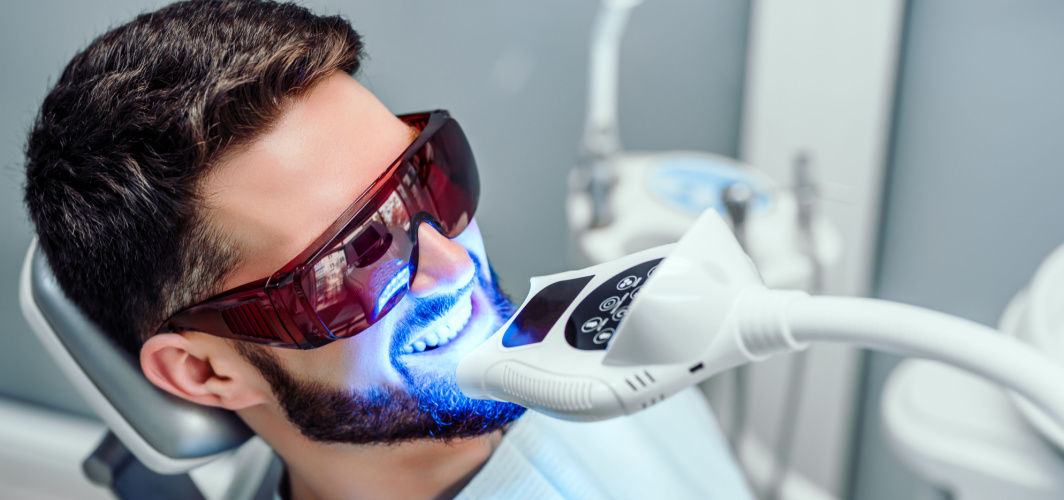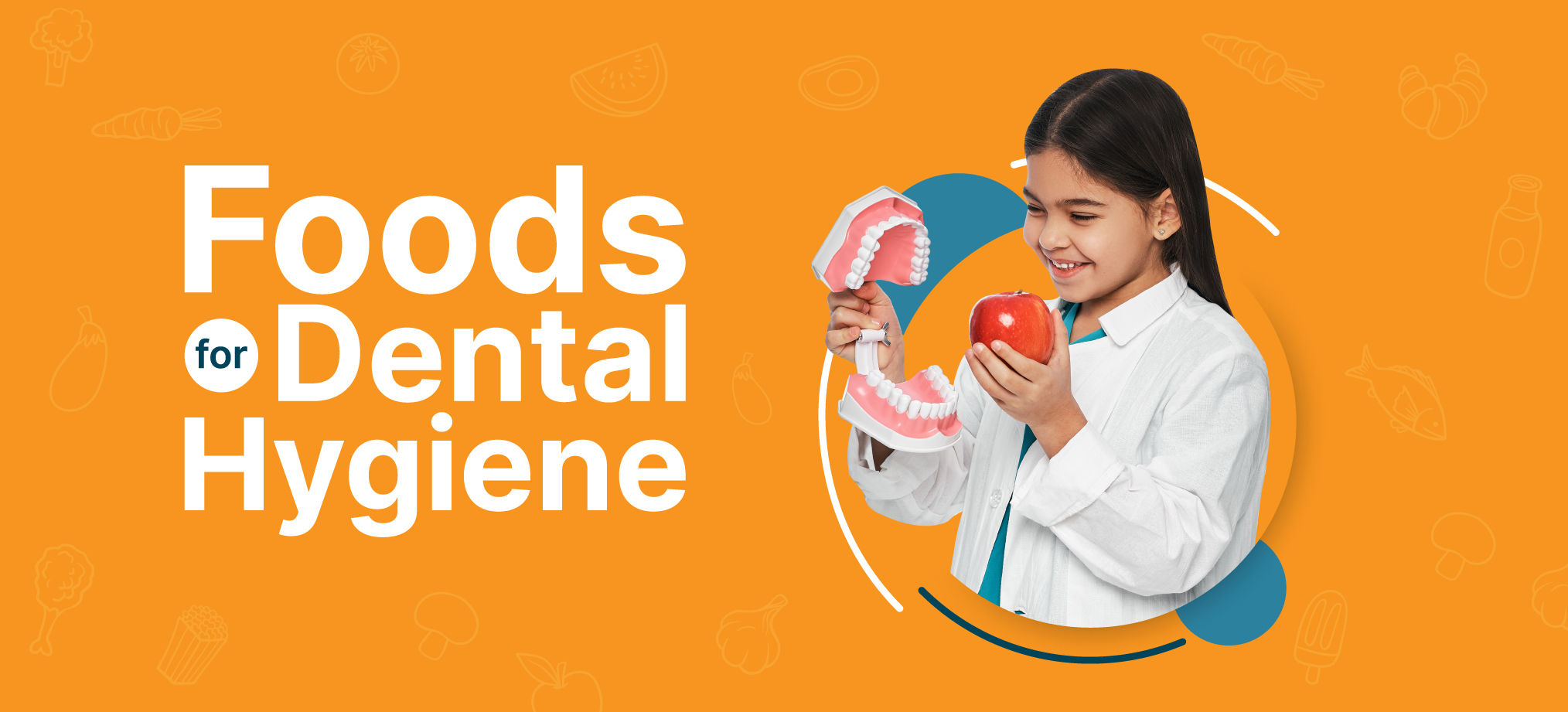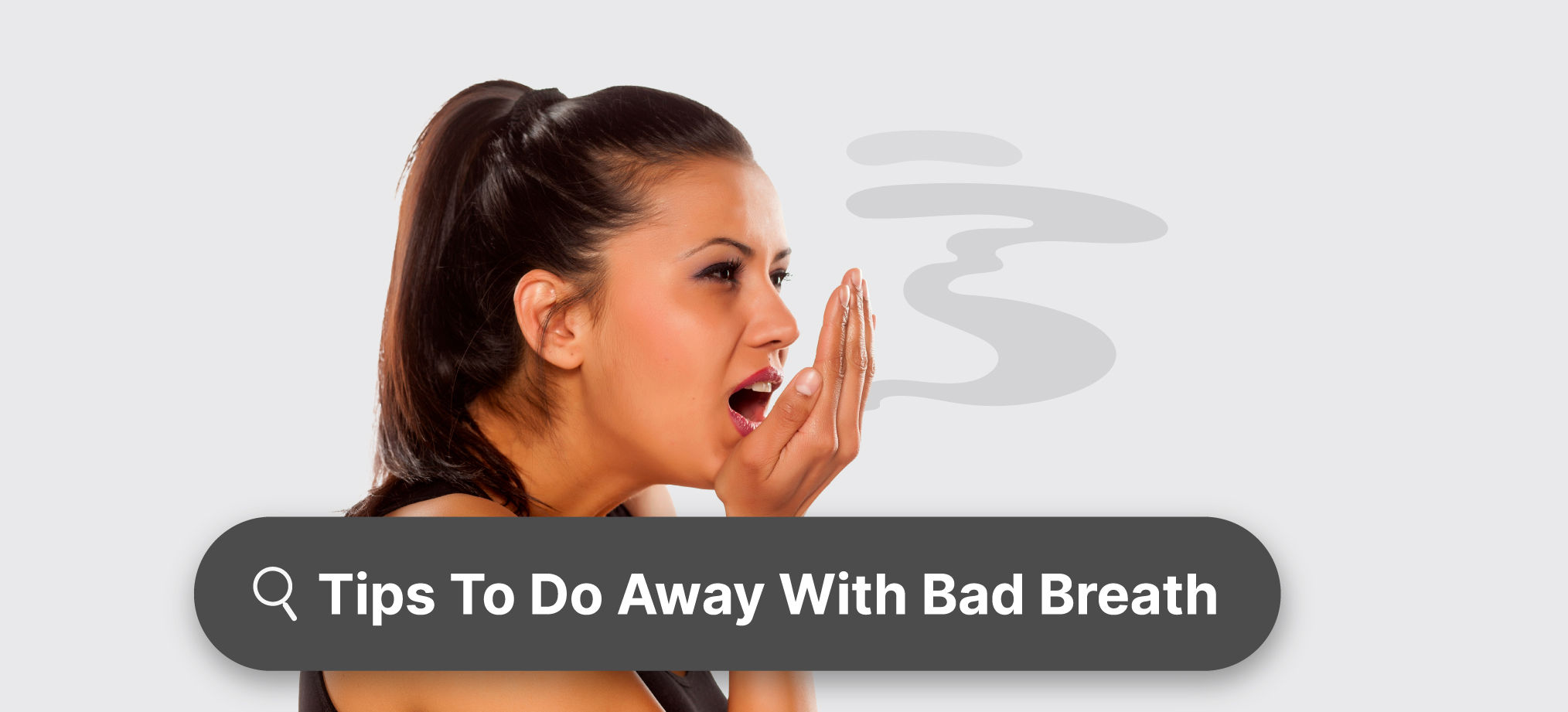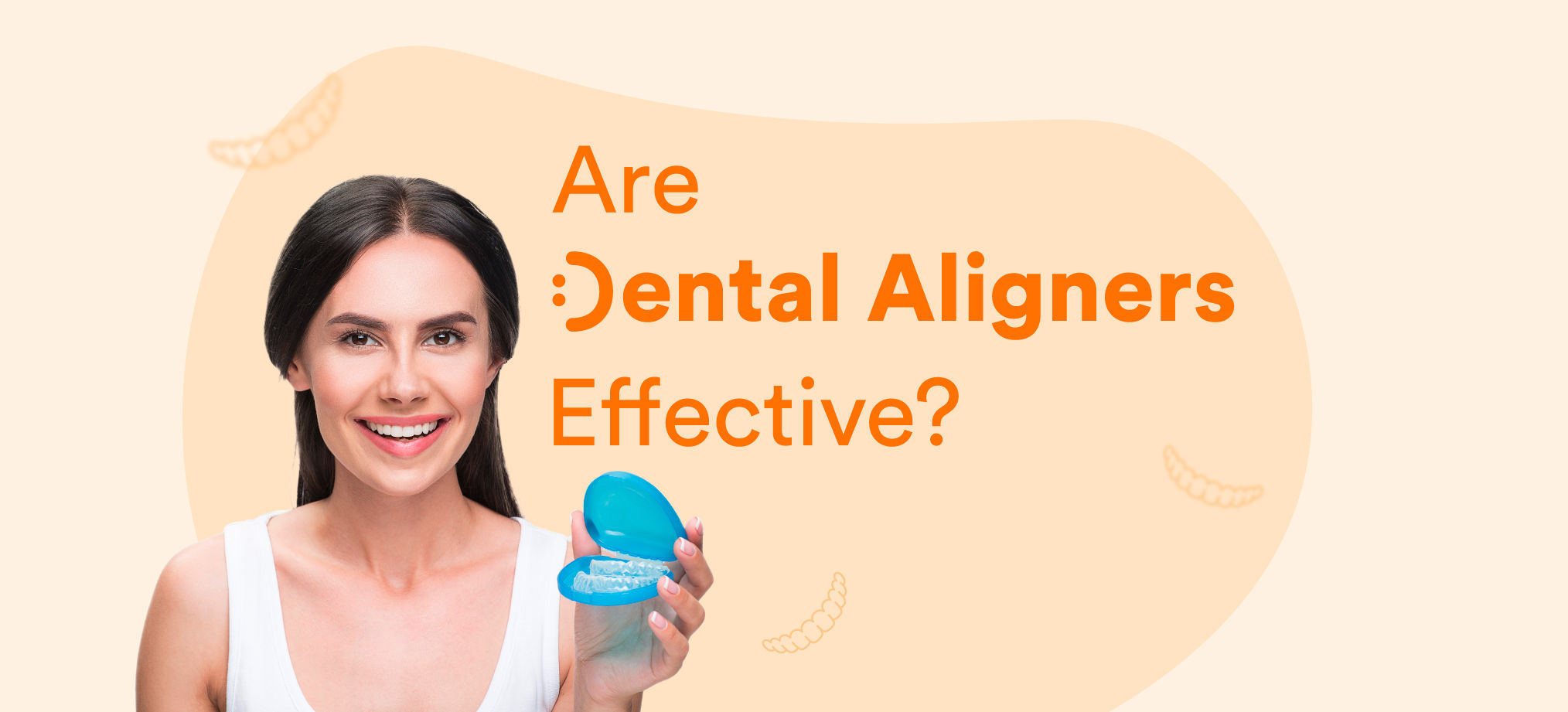Oral & Dental
Teeth Whitening: Types, Risks, Side Effects, Results
7 min read
By Apollo 24|7, Published on - 19 July 2023, Updated on - 20 July 2023
Share this article
0
0 like

Everyone desires to have bright and shining teeth. However, due to the use of spices like turmeric in our food or the habit of drinking tea and coffee, your teeth turn yellow or get stained. Teeth whitening, also known as teeth bleaching, is a popular cosmetic dental procedure that aims to enhance the appearance of teeth by lightening their colour.
Whether you are considering professional teeth whitening or want to know more about the process, this article will explain different types of teeth whitening methods, discuss potential risks and side effects, and highlight the expected results.
Types of Teeth Whitening Procedures
There are various options available for teeth whitening, the two most common ones include; in-office and at-home.
1. In-office Professional Teeth Whitening
During this procedure, a dental professional applies a teeth-bleaching agent to your teeth and uses a special light to enhance the whitening process. This type of treatment is highly effective and can make your teeth whiter in just one session. The results can last for a long time, but they may vary depending on your oral hygiene and lifestyle habits.
In terms of cost, in-office professional teeth whitening can be more expensive than at-home treatments. If you're looking for fast and reliable teeth whitening, this might be the right choice for you.
2. At-home Teeth Whitening Options
At-home teeth whitening options have become increasingly popular, allowing individuals to achieve a brighter smile in the comfort of their own homes. Two common types of at-home teeth whitening options are over-the-counter whitening kits and dentist-prescribed at-home kits.
- Over-the-Counter Whitening Kits: These are easily accessible and typically come with whitening strips or trays that contain a bleaching agent such as hydrogen peroxide or carbamide peroxide. These kits are convenient and can be used at your own pace. However, it's important to follow the instructions carefully to avoid potential risks and side effects.
- Dentist-prescribed At-home Kits: These offer a more personalised approach. These kits usually involve custom trays made to fit your teeth perfectly and professional-grade whitening gels with higher concentrations of bleaching agents. The custom trays ensure the even distribution of the gel and minimise the risk of gum irritation.
When comparing the safety and efficacy of over-the-counter options with dentist-prescribed at-home kits, it's important to consider the concentration of the teeth-bleaching agent. Dentist-prescribed kits generally have higher concentrations, which can effectively whiten teeth faster. However, this may also increase the risk of tooth sensitivity and gum irritation.
It's always advisable to consult with a dental professional before undergoing any teeth whitening procedure to ensure that it's suitable for you and to discuss any potential risks or side effects.
Common Risks and Side Effects of Teeth Whitening
1. Tooth sensitivity and gum irritation
Tooth sensitivity and gum irritation are common risks and side effects of teeth whitening procedures. When you undergo teeth bleaching or professional teeth whitening, it's important to be aware of these potential issues.
Causes and Duration of Sensitivity
Tooth sensitivity can occur during and after the treatment. However, this sensitivity is usually temporary and should subside within a few days. It is caused by the bleaching agents penetrating the enamel and reaching the nerves inside the teeth.
Tips to Minimise Discomfort
To minimise discomfort, here are some tips:
- Use a toothpaste specially formulated for sensitive teeth.
- Avoid foods and drinks that are too hot or too cold.
- Use a soft-bristled toothbrush and gentle brushing technique.
- Avoid acidic foods and beverages that can further irritate your gums.
2. Enamel Damage and Tooth Erosion
Teeth whitening procedures, particularly those involving bleaching agents, may pose a risk of enamel damage and tooth erosion.
Factors contributing to enamel erosion include:
- Concentration of the whitening agent used
- Frequency of treatments
- Duration of each treatment.
To mitigate the risks, it is essential to follow the guidelines provided by your dental professional and avoid overusing whitening products. Using desensitising toothpaste and avoiding acidic foods and beverages can help protect tooth enamel while undergoing teeth whitening.
3. Temporary Tooth Discolouration or Uneven Whitening
Temporary tooth discolouration is a common side effect of teeth whitening, especially immediately after the treatment.
- This discolouration occurs due to dehydration of the teeth during the whitening process and usually resolves within a few hours or days.
- Uneven whitening results can also occur, with some areas of the teeth appearing whiter than others, especially in those suffering from enamel hypoplasia (thin or defected outer layer of the tooth).
- Addressing uneven whitening results may involve additional touch-up treatments or using at-home whitening products as instructed by your dentist.
- It is important to consult your dental professional if you experience prolonged or severe tooth discolouration or uneven whitening.
Results and Expectations of Teeth Whitening
The typical range of tooth shade improvement varies from person to person. Some people may achieve dramatic results, whereas others may experience more subtle changes. The following factors can influence teeth whitening results:
- Age of the person
- The initial colour of your teeth
- The severity of the pre-existing stains
- Compliance with treatment instructions
- Follow-up care post-treatment
Remember that teeth whitening is a cosmetic procedure, which aims to brighten the current shade of your teeth. It's essential to have an open conversation with your dentist about your expectations so that they can guide you towards the most suitable treatment option for you.
Precautions and Considerations for Teeth Whitening
When considering teeth whitening, it is crucial to take certain precautions and considerations.
- Oral Health Evaluation: It is essential to undergo an oral health evaluation before proceeding with any whitening treatment. This evaluation includes a dental examination and cleaning, which helps address any underlying oral health issues that may affect the whitening process.
- Choosing the Right Teeth Whitening Option: To ensure you achieve the desired results, it is important to choose the right teeth whitening option based on your individual needs. This involves discussing your goals and expectations with a dentist who can customise the treatment plan to maximise its effectiveness.
Maintaining Teeth Whitening Results
To ensure long-lasting whitening, it is important to adopt a good oral hygiene routine and make some lifestyle changes.
1. Oral Hygiene Practices for Long-lasting Whitening
Here are some oral hygiene practices that can help you maintain your teeth whitening results:
- Daily Brushing and Flossing Techniques: Brush your teeth at least twice a day using a soft-bristled toothbrush and fluoride toothpaste. Floss daily to remove plaque and food particles from between your teeth.
- Recommended Oral Care Products: Choose toothpaste and mouthwash that are specifically formulated for maintaining teeth whitening results. Look for products that contain ingredients like hydrogen peroxide or carbamide peroxide, which can help remove surface stains.
2. Lifestyle Changes to Prevent Tooth Discolouration
Aside from practising good oral hygiene, making some lifestyle changes can also help prevent tooth discolouration.
- Dietary Modifications: Limit your consumption of staining foods and beverages like turmeric, coffee, tea, red wine and dark-coloured berries. If you do consume them, rinse your mouth with water afterwards to minimise their contact with your teeth.
- Avoiding Habits That Can Darken Teeth: Smoking not only affects your overall health but also leads to tooth discolouration. Quitting smoking can significantly improve the appearance of your teeth and reduce the risk of developing oral health problems.
Conclusion
Teeth whitening is a popular cosmetic dental procedure that aims to enhance the appearance of the teeth by lightening their colour. It's essential to consider the risks and side effects associated with teeth whitening. While the procedure is generally safe, some individuals may experience temporary tooth sensitivity or gum irritation. It's crucial to consult a dental professional before undergoing any teeth whitening treatment, as they can assess your oral health and recommend the most suitable option for you. For more information, consult expert dentists.
Consult Apollo's Expert Dentists
FAQs
Q. Is teeth whitening safe for everyone?
While professional teeth whitening is safe for most people, it may not be suitable for individuals with certain dental conditions or allergies.
Q. How long do the results of teeth whitening last?
The longevity of teeth whitening results varies from person to person as it largely depends on the lifestyle and oral hygiene habits but it should typically last between 6 months and 2 years.
Q. How often should I undergo professional teeth whitening?
The frequency of professional teeth whitening depends on various factors such as individual preferences and oral hygiene habits.
Q. Can at-home teeth whitening kits provide similar results to professional treatments?
While at-home kits can help improve tooth colour, they may not provide the same level of effectiveness as professional treatments.
Q. How long does an in-office professional teeth whitening session take?
Typically, an in-office teeth whitening session takes about 60 minutes, but the duration may vary depending on the individual's needs and the specific treatment used.
Medically reviewed by Dr Sonia Bhatt.
Oral & Dental
Consult Top Dentists
View AllLeave Comment
Recommended for you

Oral & Dental
Foods to Keep Your Teeth and Gums Healthy
Consuming a balanced diet comprising fruits, vegetables, whole grains, dairy products, and protein foods can provide essential nutrients for overall health as well as oral health.

Oral & Dental
Can Bad Breath Be A Sign Of An Underlying Health Condition?
Read to know the reasons behind bad breath that go way beyond poor oral hygiene.

Oral & Dental
How Do Dental Aligners Work?
Dental aligners have become a much-preferred alternative to conventional metal braces as they are designed to fix your teeth in a quick and painless way. Read on to learn more about how dental aligners work.
Subscribe
Sign up for our free Health Library Daily Newsletter
Get doctor-approved health tips, news, and more.
Recommended for you

Oral & Dental
Foods to Keep Your Teeth and Gums Healthy
Consuming a balanced diet comprising fruits, vegetables, whole grains, dairy products, and protein foods can provide essential nutrients for overall health as well as oral health.

Oral & Dental
Can Bad Breath Be A Sign Of An Underlying Health Condition?
Read to know the reasons behind bad breath that go way beyond poor oral hygiene.

Oral & Dental
How Do Dental Aligners Work?
Dental aligners have become a much-preferred alternative to conventional metal braces as they are designed to fix your teeth in a quick and painless way. Read on to learn more about how dental aligners work.



